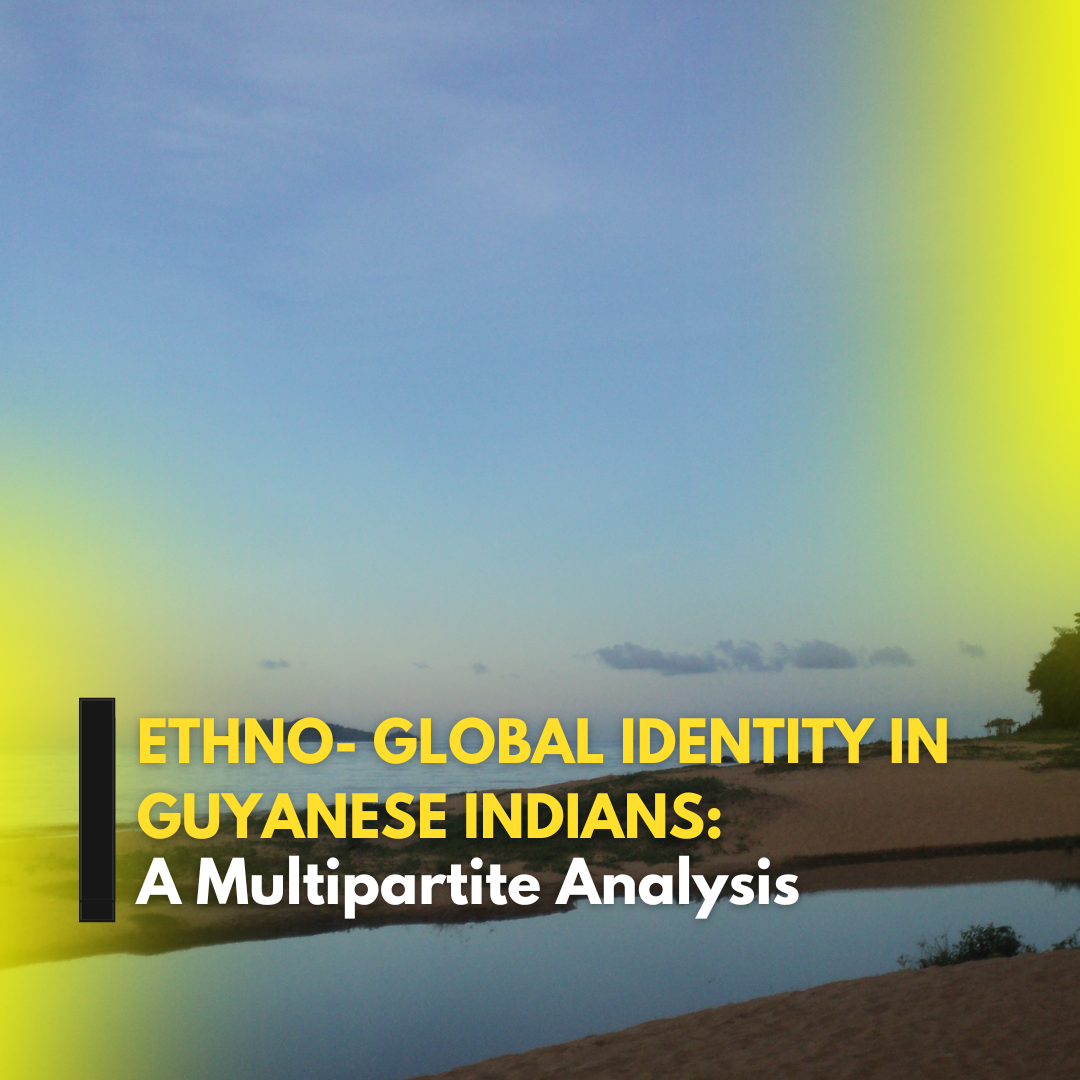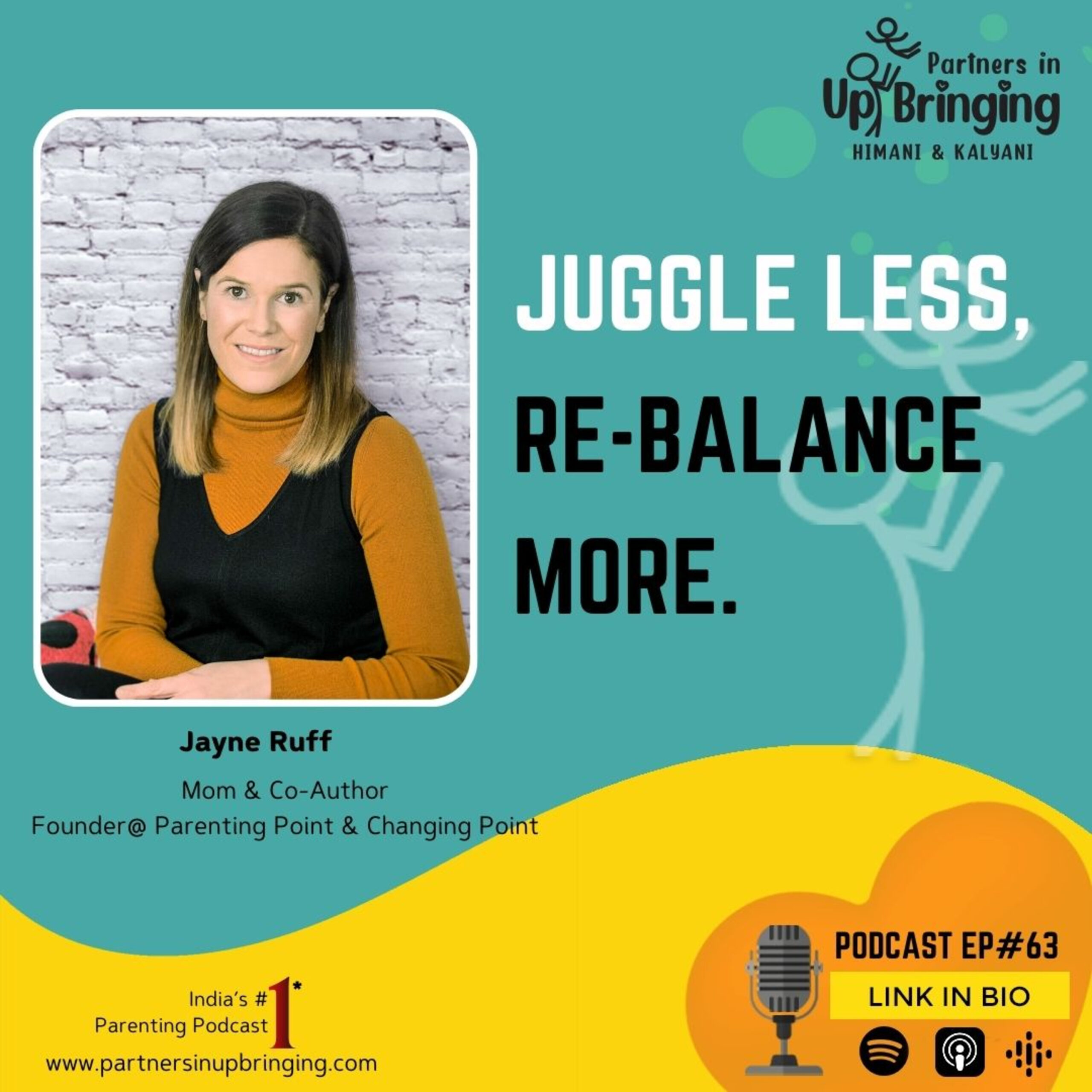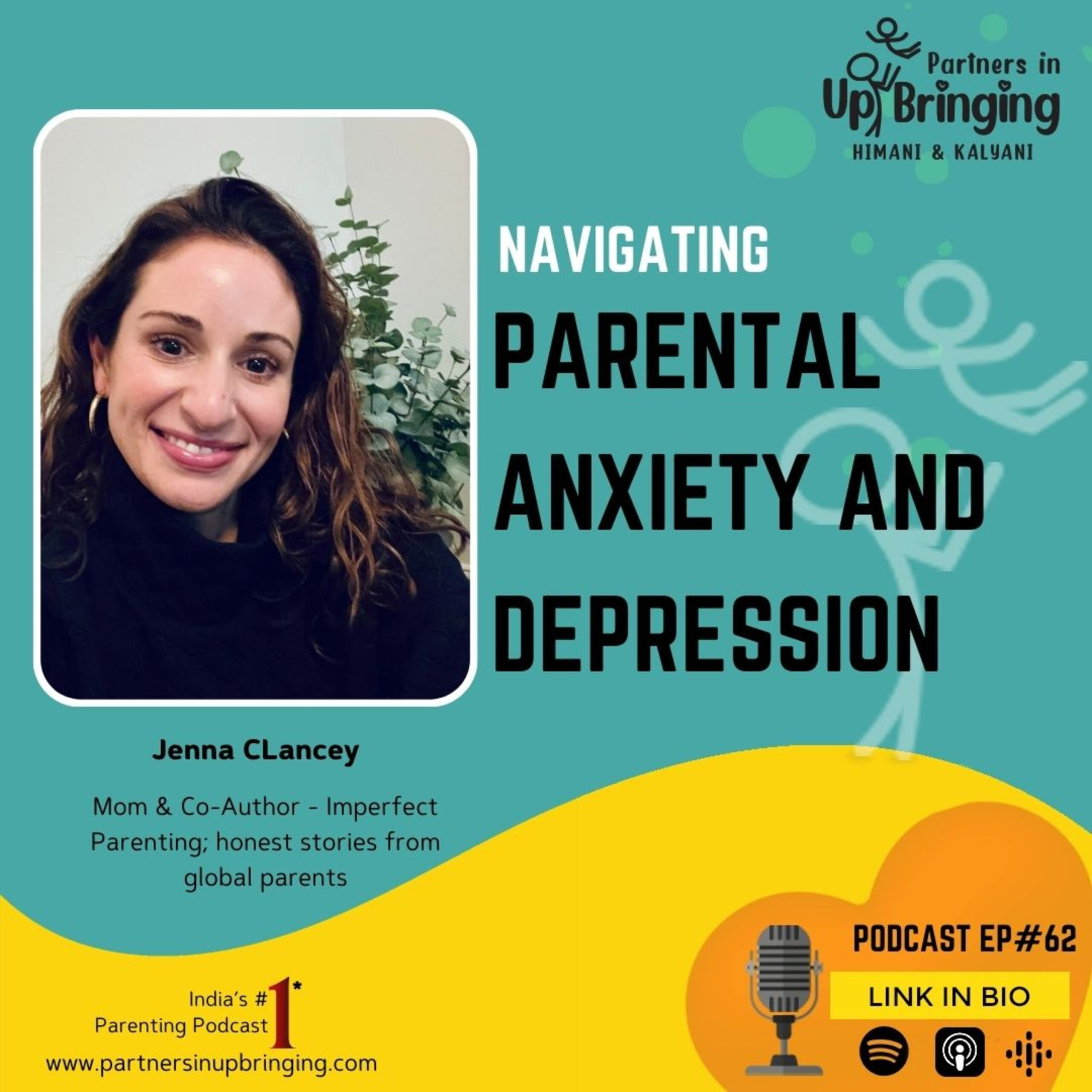Ethno-Global Identity in Guyanese Indians: A Multipartite Analysis — I have now arrived at the last of my multipartite analyses of Indian identity which is ethno-global. Before I proceed, I think it is worthwhile to provide a brief discussion on globalisation with regard to culture since this process has significantly shaped Indian ethno-global identity in Guyana.
I see globalisation as a worldwide interconnectedness through the movement of resources, goods, services, capital, and information. The main driving force behind globalisation is technology and as far as culture is concerned technology has intensified global relations linking local communities with distant and developed areas of the world and the other way around. In consequence, globalisation has brought about a culture of shared beliefs, social norms and fewer differences.
What has happened, however, in this process is that the impact of globalisation has not been uniform. Some cultures have experienced faster levels of integration into the world system while other cultures have lagged or been left behind. Some cultures have resisted globalisation and opted for localisation.
We can conclude then that globalisation can be a double-edged sword, that is, some cultures have experienced rapid growth and prosperity while other cultures have experienced changes that undermine long established institutions and identity.
Undoubtedly, the Guyanese Indian culture has experienced the above global trends. The question is how much of globalisation has led to or even affected Indian identity in Guyana. I will show two ongoing trends of Indian global identity I believe have gone undetected by analysts.
The first is that Indian global identity has existed long before the impact of globalisation in the twentieth century.
The second is that Indian global identity is more sound and solid than any other Indian identity because it is not loyal to the nation-state but to other communities worldwide.
European isms – imperialism, colonialism and capitalism – were directly responsible for the initial formation of Indian global identity. To meet the demands of the above isms, Indians were brought to the Caribbean following slave emancipation under a labour contact system commonly known as plantation indenture.
While the majority of these labourers probably left their homeland willingly, there is little doubt that they were dislocated and displaced from their traditional settings. For a majority, it was the first time they ever ventured out beyond their villages. Without realising it, these contract labourers were in the process of becoming global citizens.
They might not have become global citizens if the indenture system was restricted to Guyana but Indians were taken to other parts of the Caribbean, Mauritius, Fiji, and South Africa. They might not have become global citizens if the indenture system was merely cyclical but the changing dynamics of indenture led to these once contract labourers becoming settlers as well as majority populations where they were indentured.
What the indenture system did was that it transformed these once localised peasants from the local to the global, linking them with their departed and new found homeland. These individuals were active agents of globalisation through which I label as primary indentured migration, long before the full blown impact of globalisation in the twentieth century.
Indians have also become global citizens mainly from the Second World War onwards through the globalisation of secondary migration. The need for better job opportunities and better lifestyles have pushed them out of their homeland – either in India or in the indentured Diaspora or even from one developed region to another.
Unlike the initial movement during indenture which resulted in Indians forming majority populations in some countries, the secondary migration in the modern period has led to the formation of a minority population. They are therefore exposed to the trappings of being a minority population in their new homeland.
In all, an estimated 20 million people of Indian origin have migrated and settled outside of India since the colonial period. Indian global identity has formed and shaped precisely because of this world migration, specifically between India and the Indian Diaspora worldwide, which I believe, is always pushing for interconnectedness.
In this regard, an Indian global identity is not localised or regionalised. It is abstractive, it is mobile, and it is international. Whenever and wherever Indians have called home, they do not see themselves belonging to that particular locality, region or country. Their homeland, their identity is linked to other communities across the globe that may or may not share similar characteristics, particularly with regard to Indian customs and the assimilation of western values.
Like so many immigration groups, Indians have drawn sustenance from diverse challenging conditions and while they have experienced some change in the process, some similarities to the original homeland have always been there.
You can take Indians out of India but you cannot take India out of Indians.
Article Written by: Lomarsh Luminary
The information contained in this article was sourced from guyanatimes
Link to original article: https://guyanatimesgy.com/ethno-global-indian-identity/
Notes: apart from title change, the article has remained the same
-------------------------------










